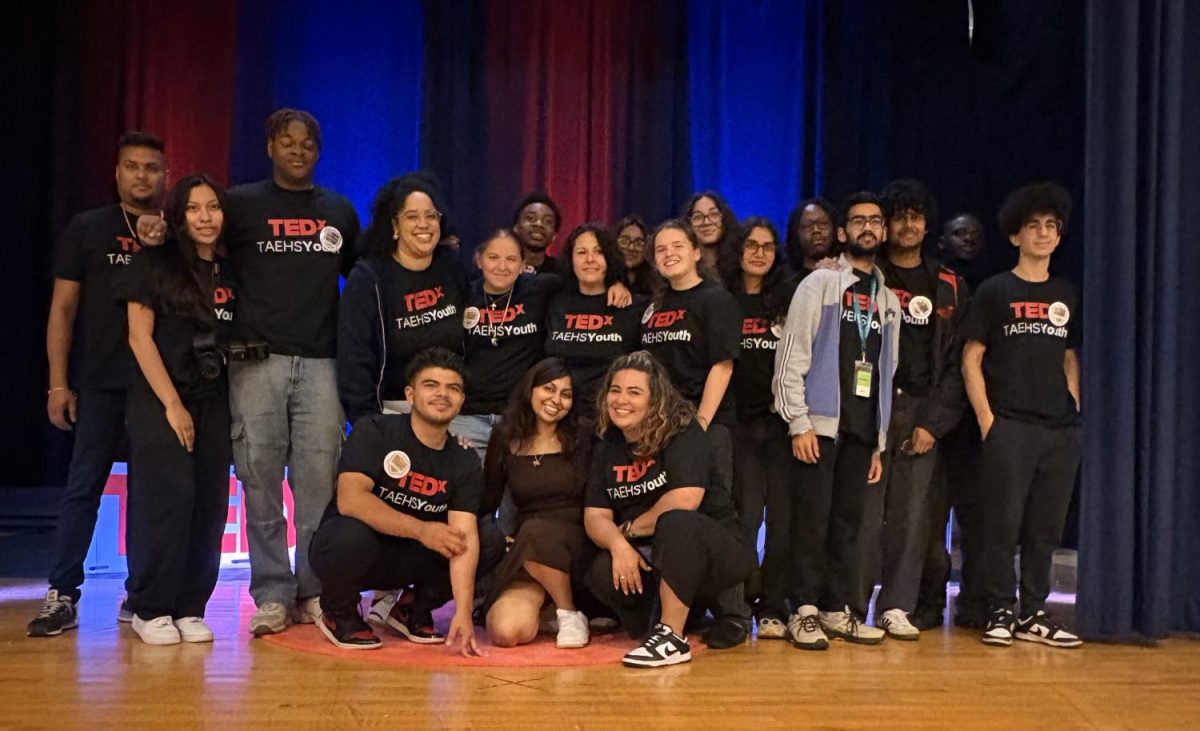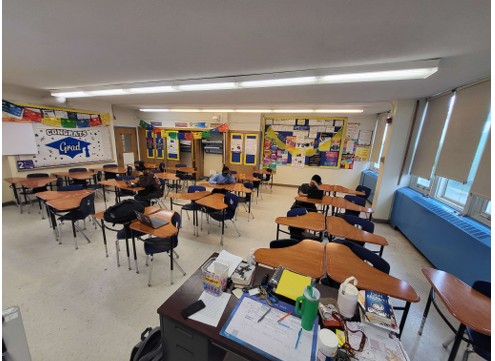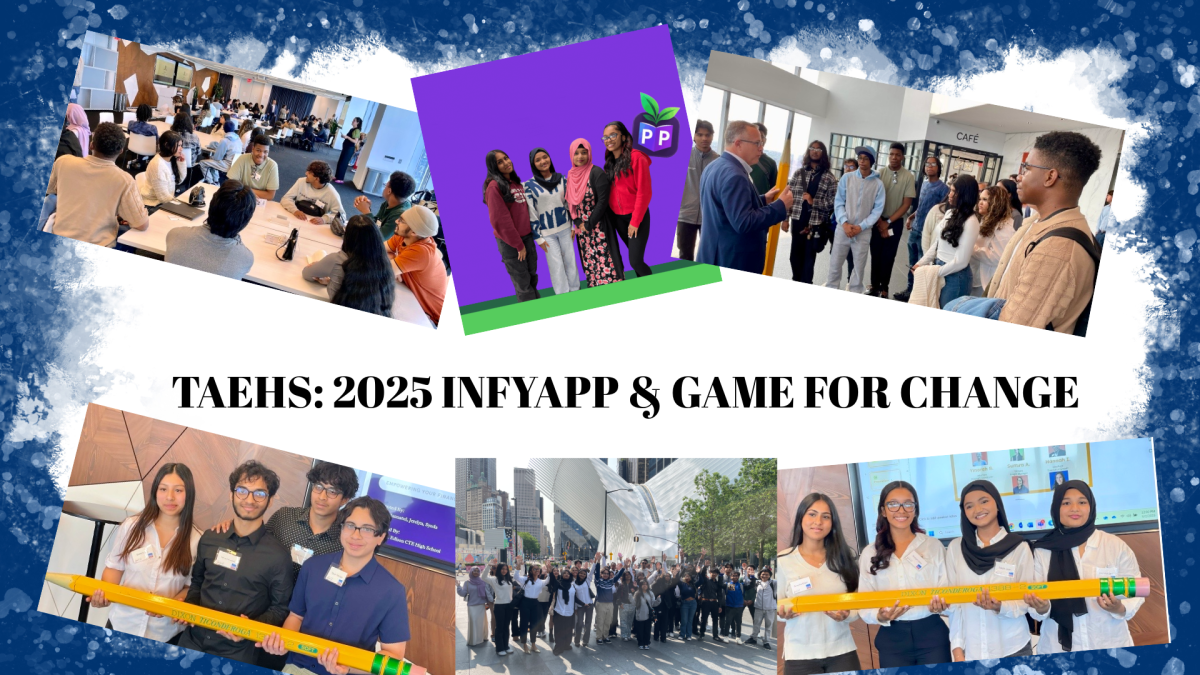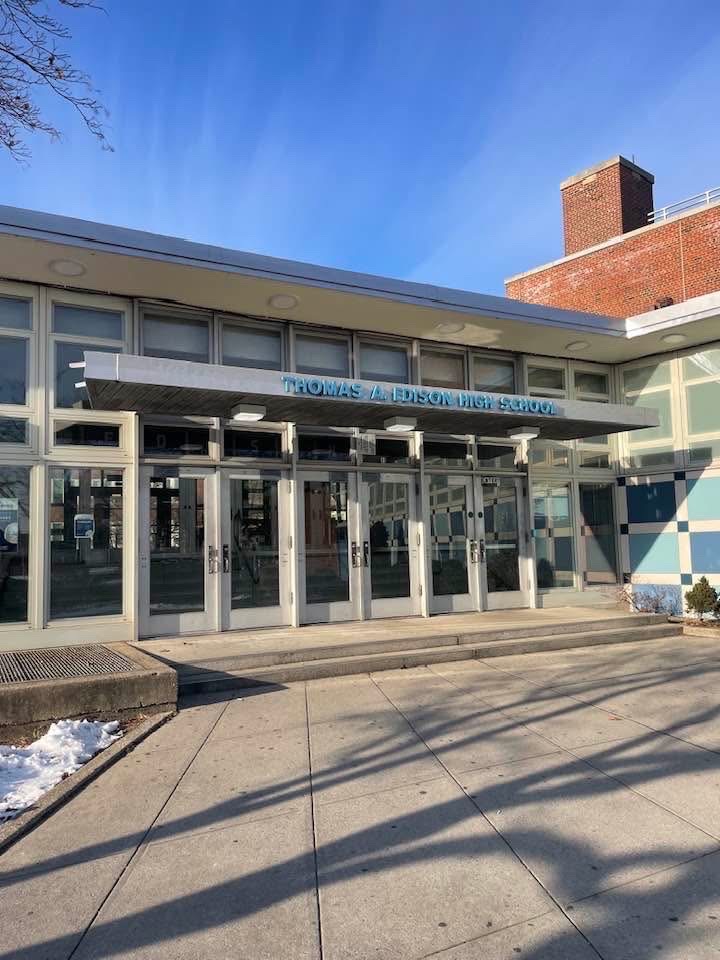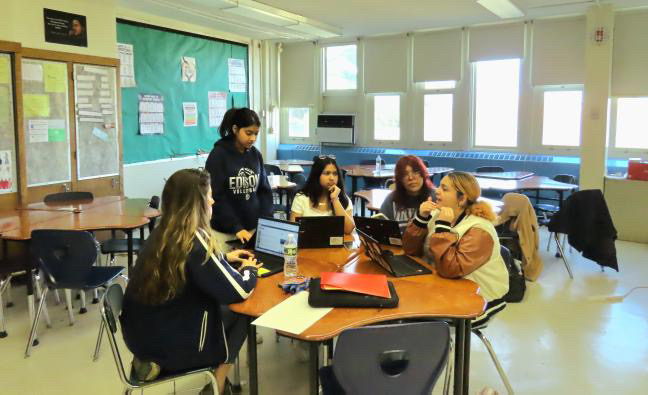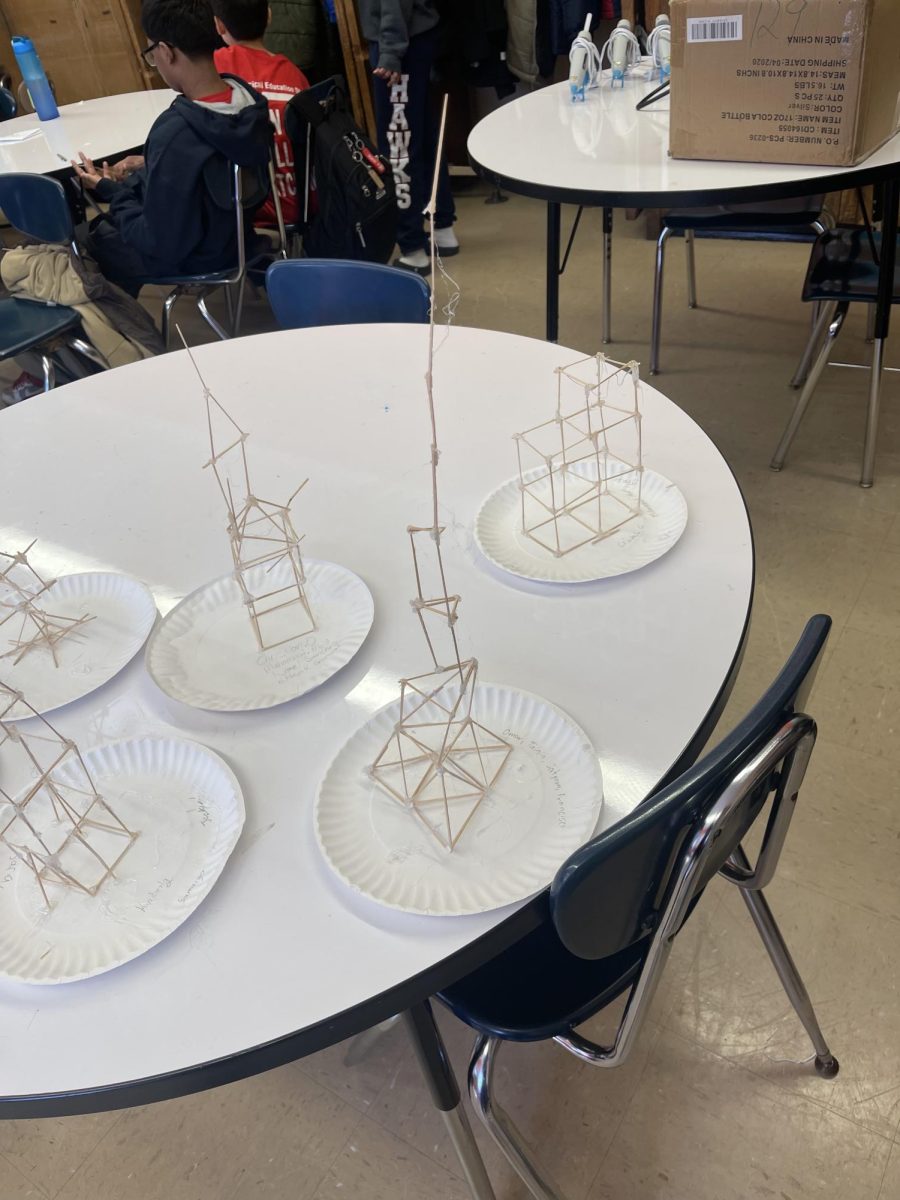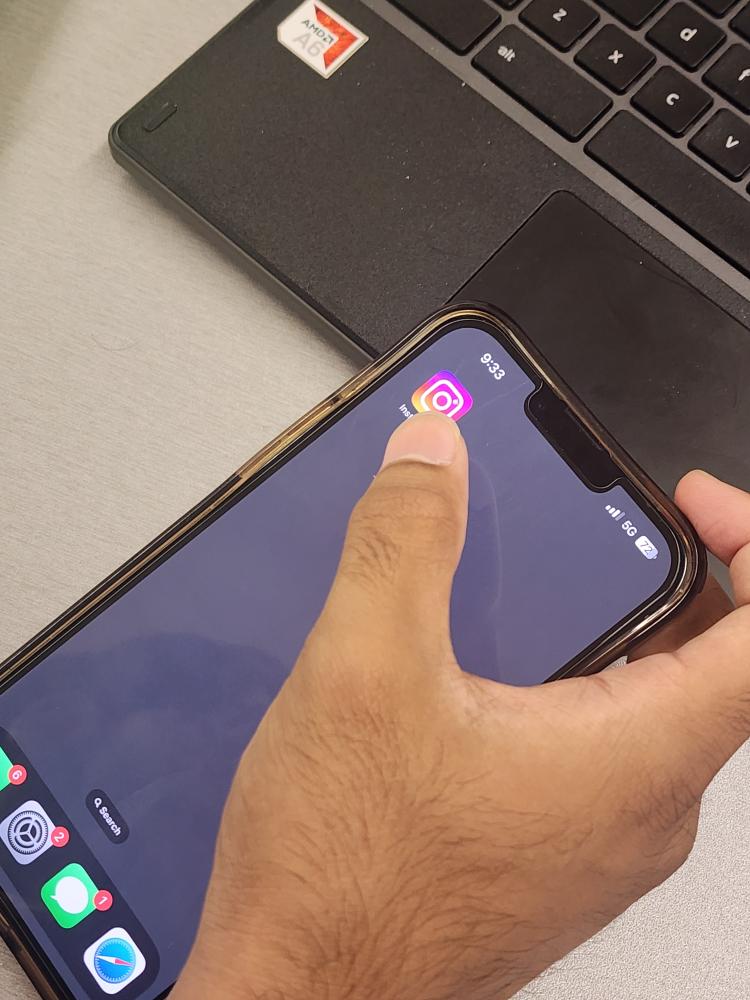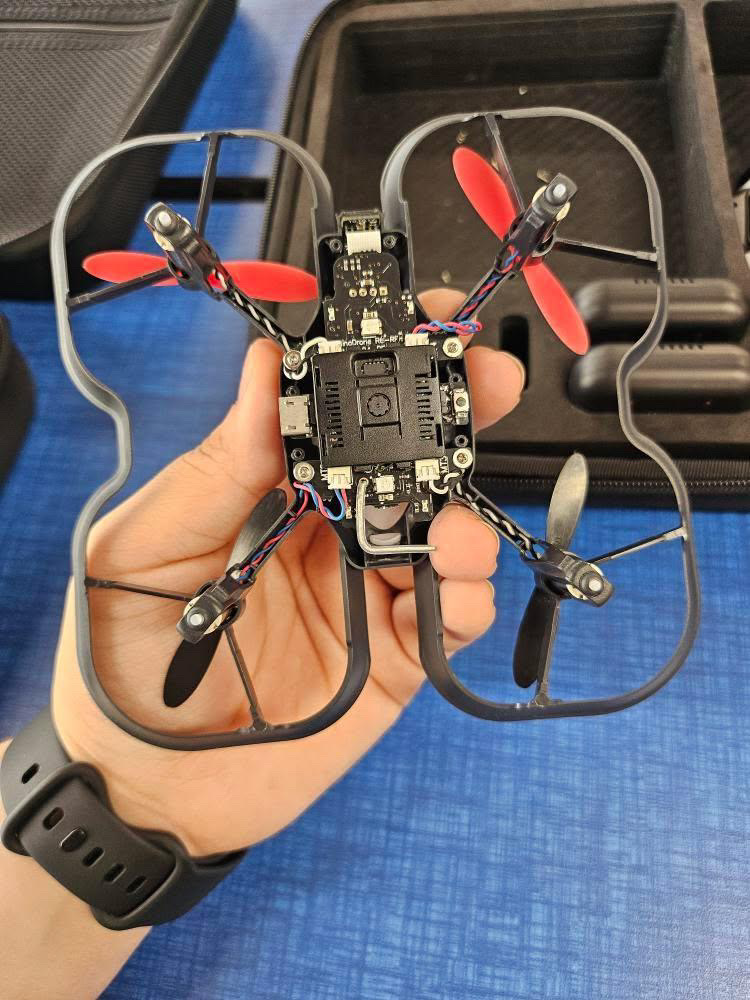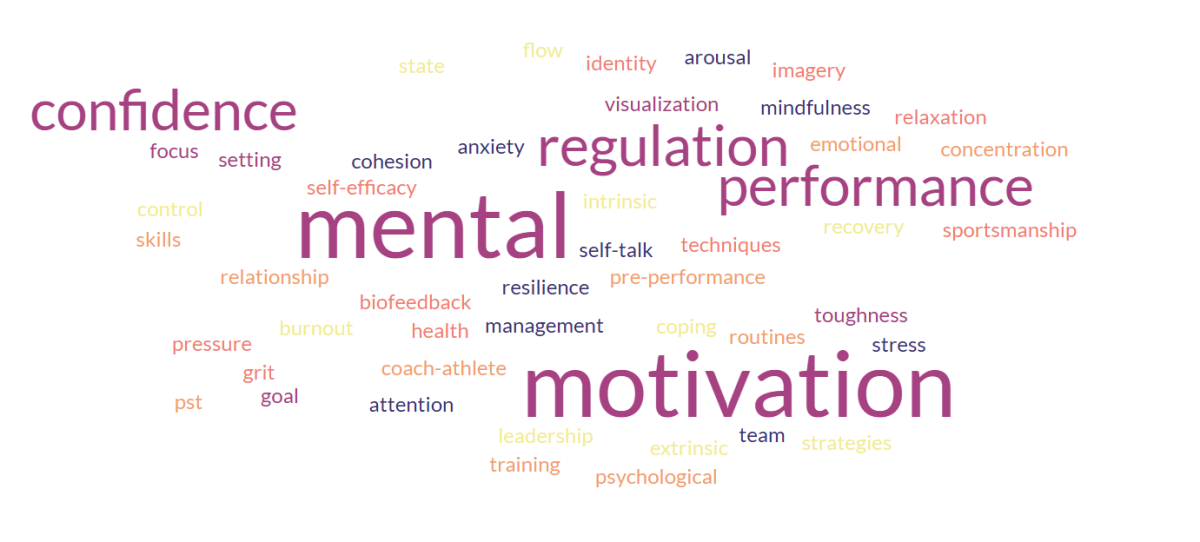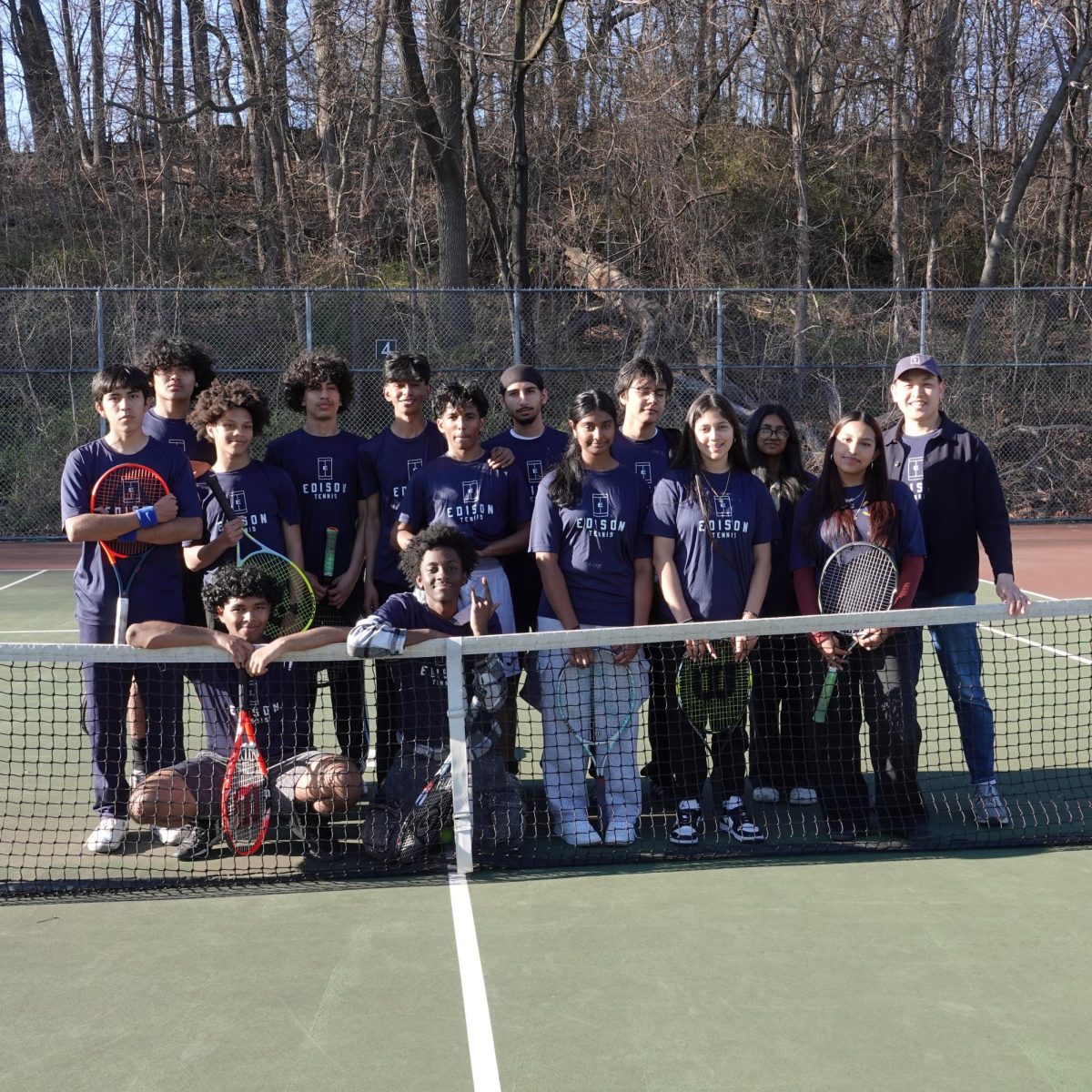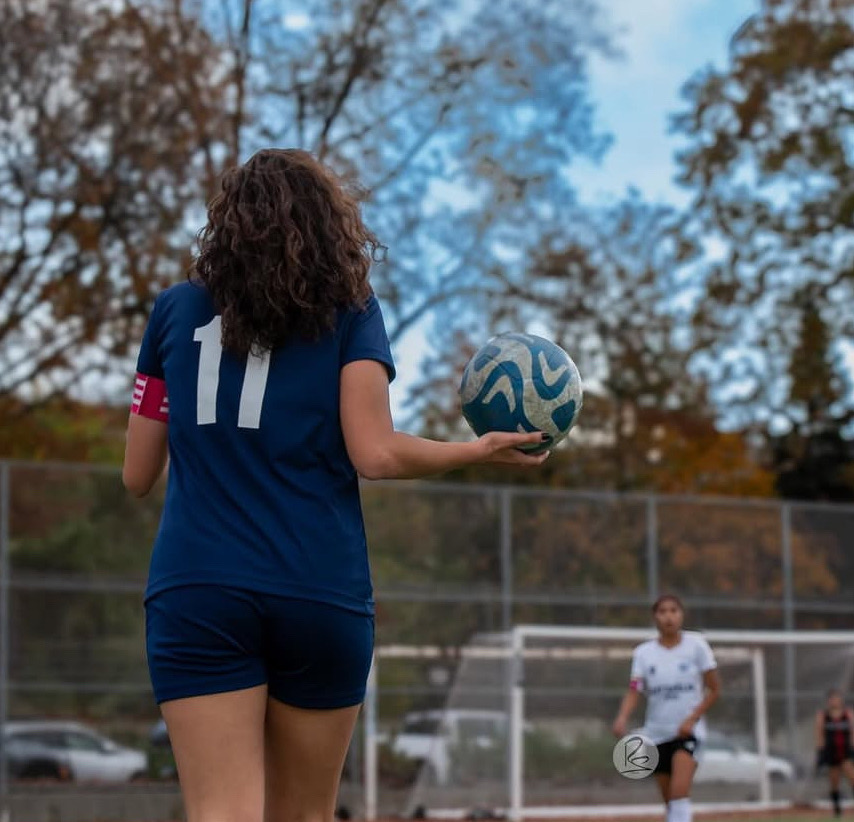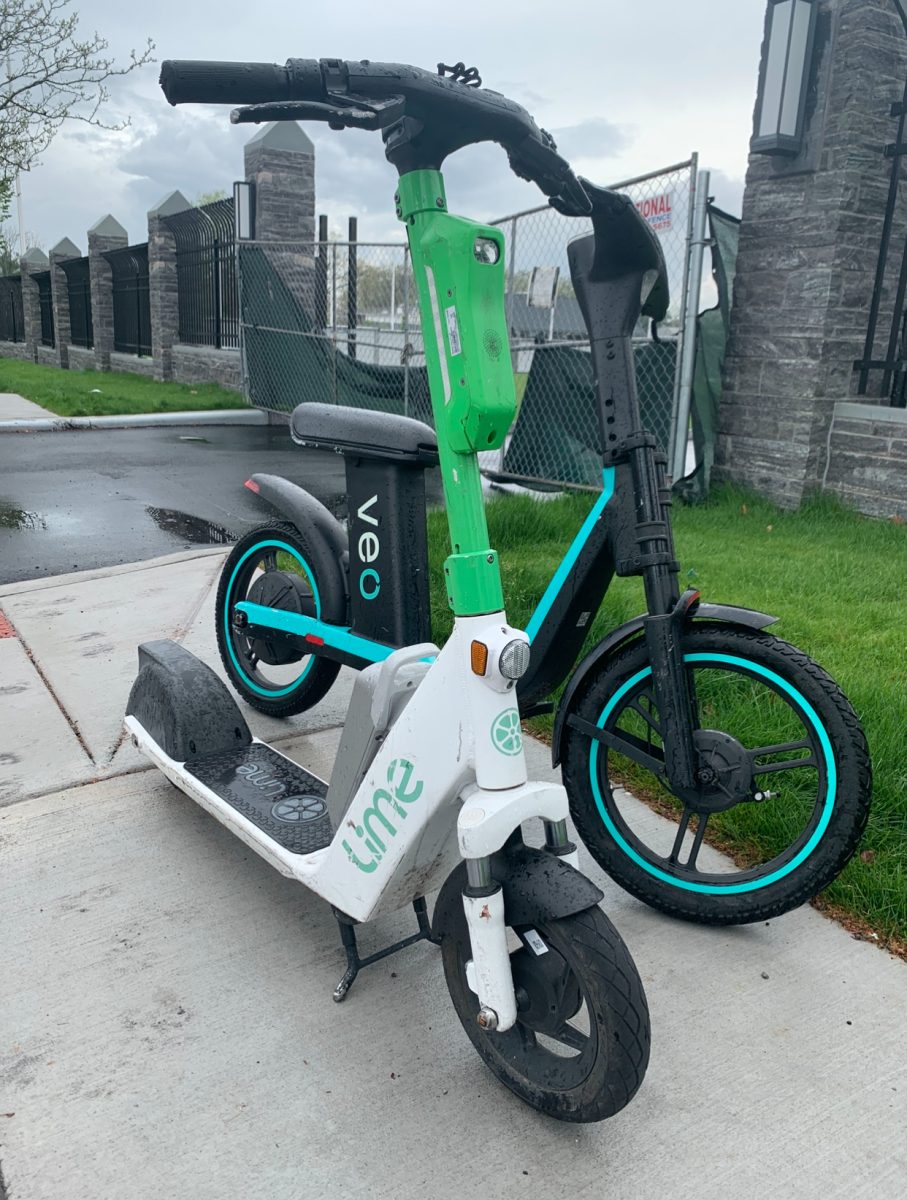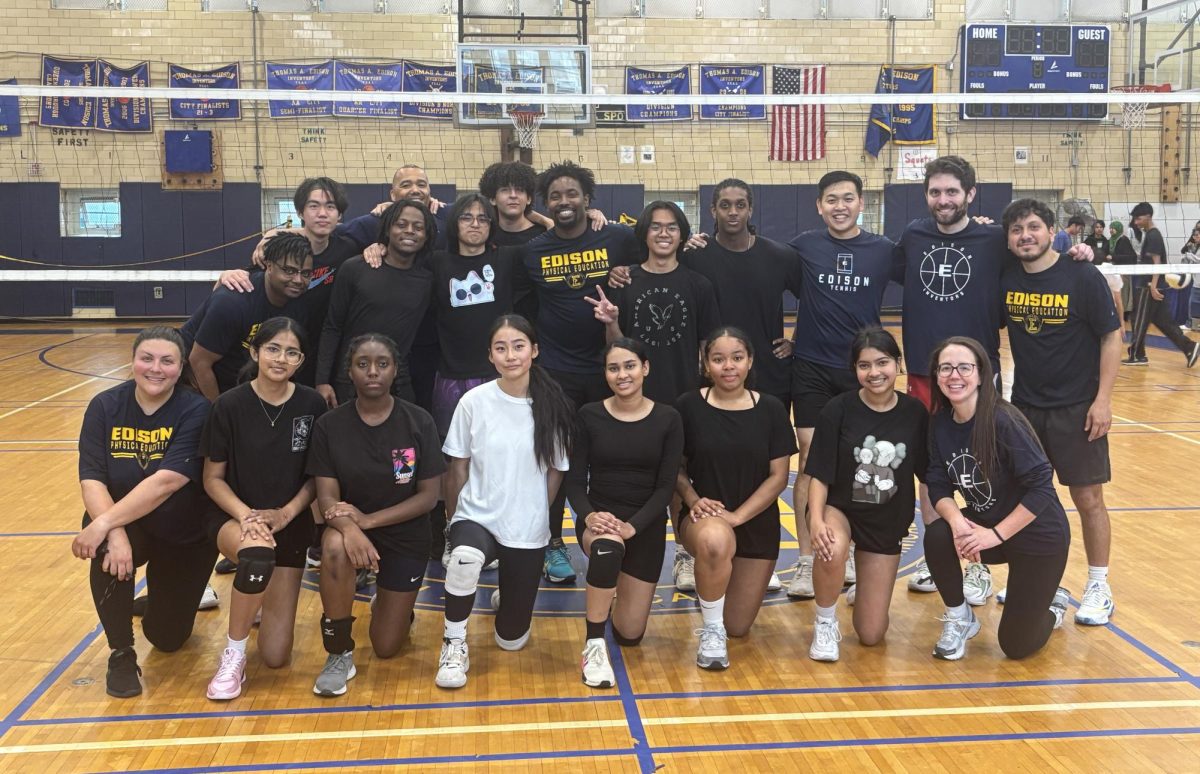Students with a desire to obtain practical experience while maintaining their academic standing, juggling internships and high school is becoming an increasingly difficult task.
While balancing coursework, extracurricular activities, and part-time jobs, many people take up internships to develop their abilities, and investigate career prospects. Students cope despite the strain by using time management techniques, support networks, and willpower, demonstrating that experiential learning is equally as beneficial as classroom instruction.
Why do students join Internships?
This year, I joined an internship program as a student-teacher, where I help 6th graders learn engineering by guiding them in building projects like boats and structures. I love teaching and watching the students grow, and it’s incredibly rewarding to get to know each of them. Beyond the enjoyment, this experience helps me develop valuable teaching skills and strengthens my resume. However, balancing an internship with school can be challenging, especially since I miss 5-6 class periods every Friday. While my absence is excused, keeping up with classwork is difficult—especially when certain teachers are less understanding of missed lessons.
Skill Development and career participation
Internships provide students with valuable skills and lessons that boost their confidence and prepare them for future careers. Raiba Zaman, a senior participating in the student-teacher internship program, believes the experience has significantly improved her social skills.
“As a teacher, this internship has helped me develop my social skills and learn how to project my voice properly. I used to struggle with social anxiety, but now it’s getting better,” Zaman shared.
Through this internship, she has gained confidence in communication, particularly in speaking clearly and assertively while teaching.
Mayisa Rahman, another student intern, credits her internship with making her more responsible and enhancing her problem-solving skills.
“This internship taught me how to be more responsible while working with kids. It also helped me think outside the box when creating lessons, ensuring they effectively introduce engineering concepts to young learners,” Mayisa Rahman explained.
By managing students and designing engaging lessons, Rahman has developed both leadership and creative problem-solving skills. These experiences highlight how internships not only provide practical knowledge but also foster essential personal and professional growth.
Balancing school and Internship
Managing both school and an internship can be challenging for students who struggle with time management. However, many have found ways to balance their responsibilities effectively.
Raiba Zaman shares her strategy for staying organized. “I set aside time on Wednesdays since we get out earlier to focus on lesson plans for the internship. Since the internship work is relatively easy, I complete that first and then shift my focus to schoolwork,” Zaman said.
Zaman structures her schedule this way, and has become more comfortable with managing her time efficiently.
Mayisa Rahman, another student-teacher intern, takes a proactive approach to avoid stress.
“It’s not that hard because I make sure to plan lessons weeks in advance. That way, I can focus on my schoolwork without having things pile up,” Rahman said.
By preparing ahead of time, Rahman ensures she doesn’t get overwhelmed by juggling both school and internship responsibilities.
Many students successfully balance their academic and professional commitments by developing strong time management skills and finding strategies that work best for their schedules.
Advice For Future Interns
Internships provide students with valuable life experiences, helping them develop time management skills, build confidence, and prepare for their future careers. If you’re considering applying for an internship but are unsure of what to expect, here’s some advice from current interns.
Sanjeev Baiju, a student-teacher intern, emphasizes the importance of openness in creating a comfortable learning environment. “You have to let yourself be open, and you’ll feel comfortable. Then the students will also feel comfortable,” Baiju sid.
Baiju explains being open and adaptable can make the internship experience more enjoyable and productive, not just for you but for those around you.
Rahman offers practical advice for handling challenges, “Be prepared to deal with different types of people; it might be stressful at times,” Rahman said.
Rahman learned to work with diverse individuals can sometimes be overwhelming, but preparation and patience can help reduce stress and make interactions smoother.
Future interns can benefit from staying open-minded, adaptable, and prepared to navigate different situations, making the most of their internship experience.
Shaping the future through Internships
Students are finding that internships are an experience that gives them vital skills like confidence, time management, and career readiness. In addition to technical information, internships help students develop the flexibility, communication, and problem-solving skills that will be useful in their future careers. As more students take advantage of these chances, they not only acquire worthwhile experience but also lay the groundwork for future success. The lessons you acquire will surely have a lasting effect, regardless of whether you are thinking about doing an internship or are already navigating one.

